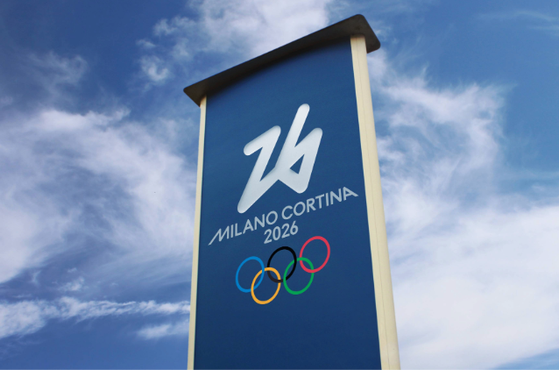Milano Cortina 2026 — key developments shaping the Winter Olympic & Paralympic Games

We explore how structural, environmental and organisational shifts are shaping the 2026 Winter Olympic and Paralympic Games.
Read more
We make the difference. Talk to us: 0333 004 4488 | hello@brabners.com
AuthorsGeorgina Rothwell
4 min read

The Employment Rights Bill (the Bill) is set to recalibrate the balance between employers and trade unions. The Bill introduces a range of measures designed to modernise workplace protections and streamline union processes, with many provisions expected to take effect following Royal Assent and subsequent consultations. For professional clubs, national governing bodies (NGBs) and event operators, the impact will be significant.
Here, Georgina Rothwell summarises the upcoming changes, including easier union access and recognition, longer industrial action mandates, shorter notice requirements before strikes and stronger protection for workers who participate in lawful industrial action.
The Bill is expected to receive Royal Assent in the course of November 2025, with many reforms eventually taking effect in 2026 and 2027.
Trade union reform is a central part of the Government’s employment strategy, reflecting its position at the last election that stronger trade unions and collective bargaining rights are key to tackling job insecurity, inequality, discrimination and low pay.
Immediately after the Bill becomes law, the Government intends to remove ‘minimum service level’ strike rules and strengthen dismissal protections for those participating in industrial action — making dismissal automatically unfair. The Government also plans to reduce the strike notice period to seven to ten days (down from 14) and extend mandates for industrial action ballots from six to 12 months.
These changes sit alongside plans to simplify union recognition and expand workplace and virtual access, with recognition reforms expected to take effect from April 2026 and broader changes rolling out through 2026 and 2027 following consultation.
Indeed, two consultations are already live — one on the legal frameworks for the trade unions’ right of access into workplaces and another on introducing a duty on employers to give a written statement to workers informing them of their right to join a trade union. These remain open until 18 December 2025.
None of these measures are in force until commencement, but the policy direction is clear.
Sport has unique workforce dynamics — large matchday casual cohorts, seasonal peaks, mixed models of employment and engagement and media scrutiny that amplifies any disruption. If rights of access are codified and the thresholds for achieving recognition are reduced, employers in the sector will need to prepare themselves for a future in which they’re much more likely to be negotiating working arrangements with unions on a collective basis.
The Government of course hopes that all sides will benefit from working in a spirit of cooperation, but there may be increased scope for industrial disputes across the sector — potentially impacting matchday and venue teams, broadcast and production crews, commercial and ticketing staff and even academy and performance support roles.
For clients operating multi‑venue estates or event operators coordinating across host sites, the coordination risk increases — as does the reputational risk if a dispute affects televised fixtures. Once in effect, the Bill’s proposal to extend tribunal time limits to six months for most claims would lengthen the window for post‑dispute litigation.
While some of the Bill’s details have shifted during the consultation process, the direction of travel is very clear. Whether unionised or not, organisations should be assessing and building on their arrangements for employee engagement to ensure that their colleagues feel that their voice is heard.
Given their public profile, clubs and governing bodies can expect to attract the interest of trade unions looking to expand their involvement in the sector. Having a proper understanding of rights of access and the dynamics of collective bargaining will be key to navigating employee relations in this future context. Organisations have a limited period of 18 to 24 months to get ready for the full impact of these changes.
Our award-winning sports law team is widely recognised — both nationally and internationally — as one of the largest and most experienced multidisciplinary legal teams in the field. Backed by deep sector expertise, we support a wide range of clients — including players’ unions — in staying ahead of complex and evolving legal developments.
Alongside this, our highly acclaimed employment experts are closely tracking Employment Rights Bill developments so you can stay informed, prepared and compliant with the changes ahead.
If you need advice or representation in connection with a sports enquiry or related legal matter, get in touch today for a confidential consultation by calling 0333 004 4488, emailing hello@brabners.com or completing our contact form below.

Loading form...

We explore how structural, environmental and organisational shifts are shaping the 2026 Winter Olympic and Paralympic Games.
Read more

We explore what the changes will mean in practice — from the new six‑month qualifying period to the removal of the statutory cap on the compensatory award.
Read more

We explain how employers can build supportive, inclusive environments that recognise both personal needs and organisational realities during Ramadan.
Read more